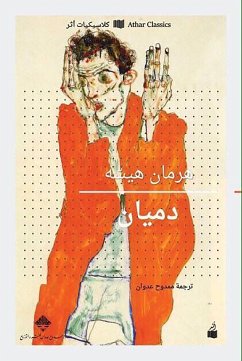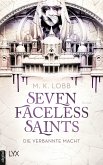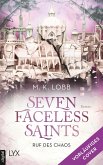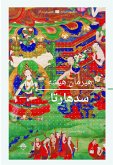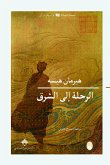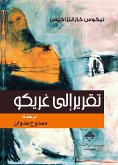Hesse wrote "Demian" with fiery prose at the height of his maturity. It's a small book, but small books often have the richest dynamism. It is clear that Hesse realized that his work had a universal character. This is attested to by the ambiguous subtitle of the novel: "A Youth Story." Ambiguous because it may include the story of youth in an individual sense, as well as the story of a generation of young people. Hesse did not want the novel to be published under his name. Rather, he chose to sign it with a pseudonym, "Sinclair," taken from the world of "Hölderlin," and he did not put his signature on it until its tenth edition. "Demian" was a novel that touched the nerve of the era with exciting accuracy, and depicted, with a sense of knowledge, the image of a youth. She believed that from among her ranks had risen the hero in whom her deepest hopes had been embodied. . . Although his literary orientation at first was towards poetry, he later wrote many and varied philosophical novels. Some novels were characterized by skeptical, ideological thinking, as is characteristic of his novel Damian. He won the Nobel Prize in Literature in 1946.
Dieser Download kann aus rechtlichen Gründen nur mit Rechnungsadresse in A, B, BG, CY, CZ, D, DK, EW, E, FIN, F, GR, H, IRL, I, LT, L, LR, M, NL, PL, P, R, S, SLO, SK ausgeliefert werden.

